Table of Contents
Behind its spicy and strong flavor, ginger hides a powerful secret. According to science, there seems to be a close connection between ginger consumption and Parkinson’s Disease.
Today, we will delve into this relationship, exploring the fresh news about the potential of this ancient root. Plus, we’ll share practical tips on incorporating ginger into your daily routine, even if you’re not a big fan. So, if you’re looking to boost your well-being or even support a loved one with Parkinson’s, we’ve got you covered. Let’s dive in!
Ginger and Parkinson’s disease: What is the link?
After Alzheimer’s, Parkinson’s disease (PD) is the second most common neurodegenerative disorder. It affects 1 to 2 percent of the elderly population (1).
Basically, PD stems from the gradual loss of dopaminergic neurons in a specific area of the midbrain. This leads to a shortage of dopamine, a neurotransmitter crucial for regulating movement and other vital functions (1, 2).
Thus, you’re likely familiar with Parkinson’s hallmark motor symptoms, such as resting tremors, slowed movement, rigidity in posture, and instability (2).
But where does ginger come into play?
While medications remain the primary treatment for PD, they often fall short in halting its progression. Also, they can trigger several side effects. Nausea and involuntary movements are one of them (1).
Consequently, searching for alternative approaches to prevent and manage PD is more prominent than ever. In this scenario, ginger is a strong contender because it’s been used as a medicinal herb in many cultures for a long time. That’s where the relationship between ginger and Parkinson’s disease begins to arise.
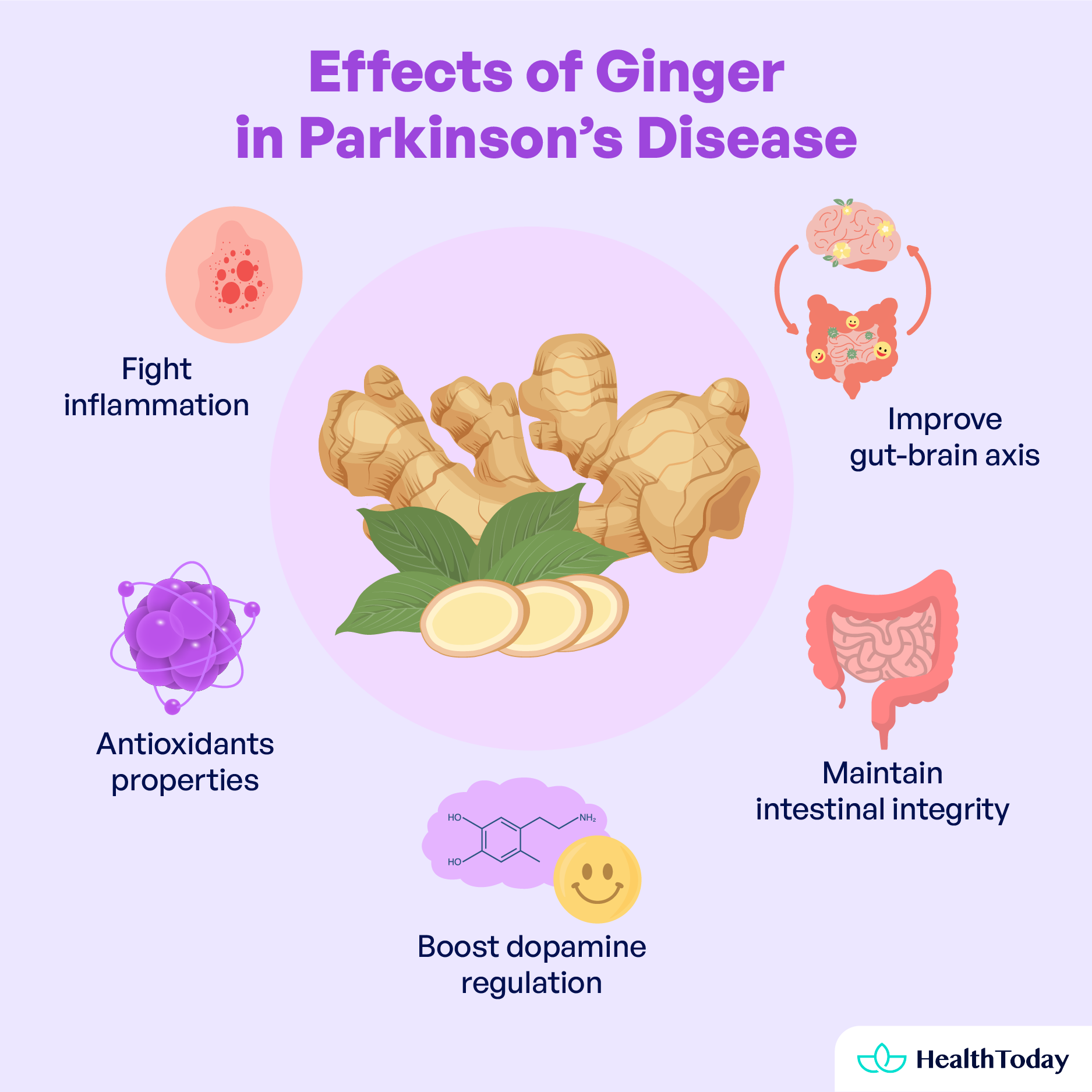
Potential role of ginger for Parkinson’s disease
Ginger contains a number of bioactive substances, including 6-gingerol, 6-shogaol, and zingerone. These components are well-recognized for their neuroprotective effects (1, 2). Particularly in Parkinson’s Disease, they work through several mechanisms:
Fight inflammation. Excessive neuroinflammation plays a significant role in PD. The anti-inflammatory properties of 6-shogaol have been suggested to reduce inflammation (1). In a double-blind, randomized, placebo-controlled clinical trial, participants with knee osteoarthritis who consumed 1 g of ginger powder a day for 12 weeks had reductions in inflammatory markers such as CRP (3).
Antioxidants properties. Zingerone, 6-shogaol, and 6-gingerol neutralize reactive oxygen species (ROS), harmful molecules implicated in PD pathogenesis (1).
Boost dopamine regulation. Zingerone helps increase the production of a protein called VMAT2, which helps control how dopamine is spread and used in the body. In PD, levels of this protein are usually low, so increasing it can be beneficial (1).
Maintain intestinal integrity. Poor gastrointestinal integrity is supposed to be one of the initial steps of PD. On the other hand, ginger compounds may fight damage and nerve cell loss in the gut, acting against disease development (1).
Improve gut-brain axis. As they say, “gut is our second brain.” In Parkinson’s Disease, it is postulated that when the microbiome is out of balance, such as in dysbiosis, it can further compound symptoms (1).
A recent study of 123 healthy adults found that fresh ginger juice consumption supported microbial diversity, as evidenced by an increased abundance of beneficial bacteria and reductions in proinflammatory bacteria such as Ruminococcus (4). Restoration of microbial balance may reduce neuroinflammation, oxidative stress, and intestinal permeability while promoting healthy brain functions that are cornerstones of PD (1).
So, can ginger help prevent Parkinson’s disease?
While there are many factors to consider in the etiology and treatment of Parkinson’s disease, ginger may be a preventive measure against it and other brain conditions based on how its active compounds work.
Yet, there are a few things to consider. First, there is little evidence supporting the link between ginger and Parkinson’s in a practical scenario. Most studies are conducted on animals (1).
There’s also a debate about the bioavailability of ginger’s beneficial compounds when consumed in food form. Taking them in capsule form might bypass this issue (2).
Despite that, there are good reasons to eat ginger or use ginger products to help prevent Parkinson’s disease or mitigate its symptoms. A 2011 study found that daily consumption of ginger for 3 months improved measures of cognitive functions in healthy middle-aged women, suggesting its supportive role in cognition (5).
Is ginger safe?
Yes. Ginger has a low occurrence of side effects, and the Food and Drug Administration (FDA) considers it safe. Both ginger spice and essential oil have been granted the GRAS status (‘Generally Recognized as Safe’) (1). As for dosage, studies show that effective anti-inflammatory and antioxidant doses of ginger extract range from 200 to 500 mg/kg/day. Even higher doses, up to 4 grams per day, seem to be safe for humans (1, 6).
Even though we need more studies on humans, the connection between ginger and Parkinson’s disease seems very promising. Due to its bioactive compounds, ginger can fight inflammation and harmful molecules, help regulate dopamine, and keep your gut healthy. All of these processes may help prevent and reduce symptoms of Parkinson’s disease. Also, ginger is generally safe.

Tips to consume ginger
Now that you’re aware of the potential benefits of ginger, let’s explore six different ways to incorporate it into your daily routine.
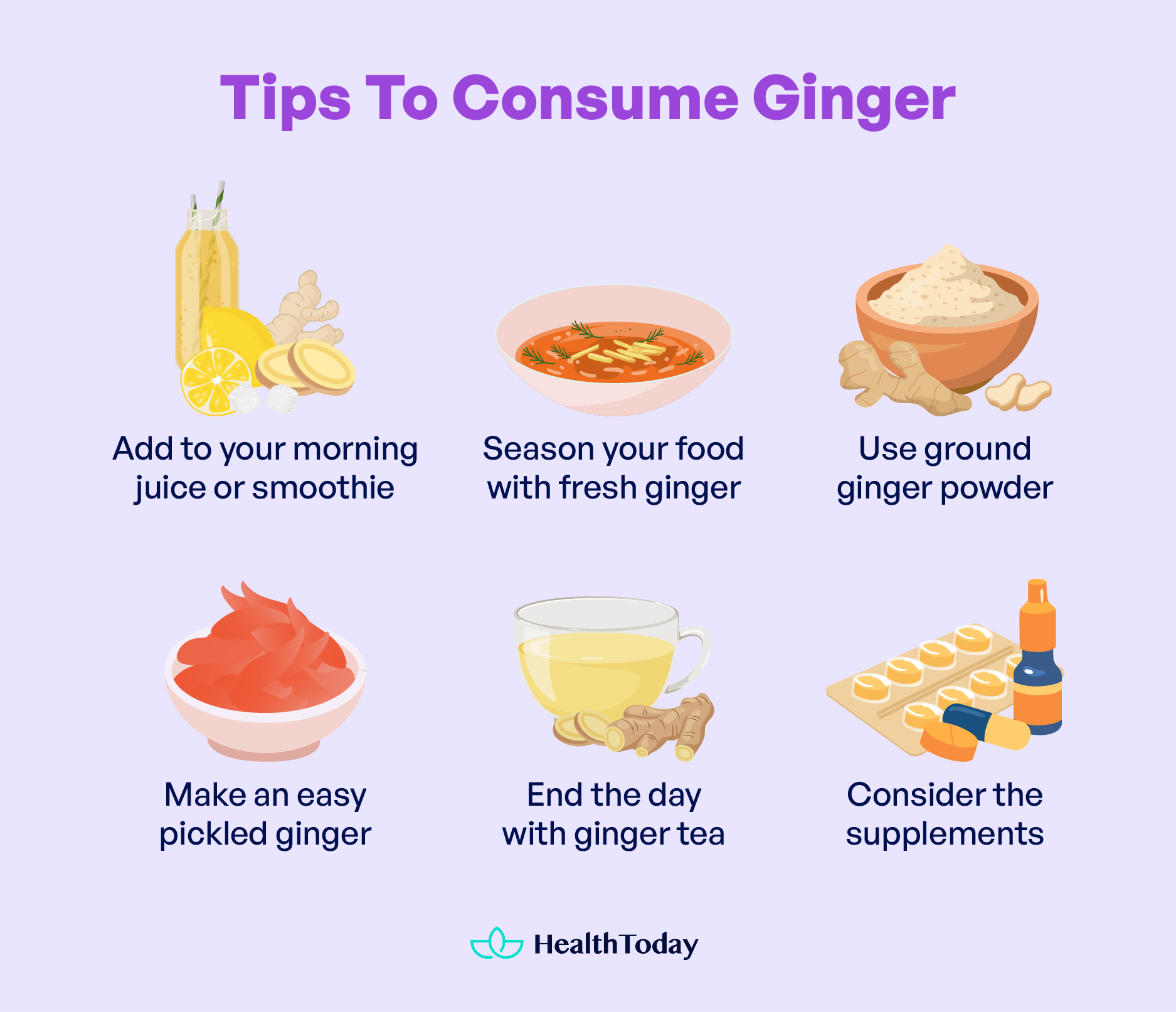

1. Add to your morning juice or smoothie
Start your day off right!
Whether you’re blending up a refreshing smoothie or juicing your favorite fruits and vegetables, add a small slice of ginger. This strategy can provide a zesty kick that energizes your taste buds and jumpstarts your morning.
2. Season your food with fresh ginger
Simply grate or chop fresh ginger and toss it into your favorite recipes for a burst of flavor and health benefits.
Ginger adds a delightful zing to savory dishes and pairs well with a variety of ingredients. Plus, cooking ginger together with your meal releases its special aroma and gives your dish a unique and refreshing taste.
So, next time you go to a stir-fry or soup, try adding this amazing ingredient.
3. Use ground ginger powder
If you’re looking for a quick and convenient option, reach for ground ginger powder. This pantry staple adds the same warm and spicy flavor to your dishes without the hassle of peeling and chopping fresh ginger.
Whether you’re making a curry, baking ginger cookies, or marinating meat for the grill, a little ground ginger always works well. It’s perfect for when you’re short on time or feeling a bit lazy in the kitchen.
4. Make an easy pickled ginger
Make your own pickled ginger at home to take your culinary skills to the next level. Its crisp texture and bright flavor complement a wide range of foods, adding a refreshing bite to every bite.
With just a few ingredients, such as fresh ginger, rice vinegar, and sugar, you can make a delicious, tangy condiment that is great with sushi and salads.
5. End the day with ginger tea
Wind down and relax in the evening with a soothing cup of hot ginger tea. Whether you’ve had a long day at work or simply want to unwind before bed, sipping on a warm mug of ginger tea can provide comfort and tranquility.
Mixing ginger with hot water, and maybe adding honey or lemon, makes a cozy drink that warms you up inside and out.
6. The taste doesn’t suit you? Consider the supplements
If you’re not a fan of ginger or prefer a more convenient option, try taking a ginger supplement. Capsules, tablets, soft gels, etc.; these easy-to-swallow options give you all the good stuff from ginger in an easy and tasteless form.
However, before you start taking any new supplements, it’s important to talk to a doctor or healthcare provider. They can help you determine if they are right for you and ensure you’re taking the right amount.




Superfoods for Parkinson’s disease
Aside from ginger, there are several other powerful foods when it comes to Parkinson’s disease. In a study with over 1000 participants (7), the authors noticed a reduced rate of PD in those who consumed higher amounts of:
- Fresh vegetables and fruits;
- Nuts and seeds;
- Fresh herbs;
- Spices;
- Olive oil;
- Nonfried fish (like sardines, mackerel, and salmon).
Moreover, some studies show that green tea, coffee and blueberries can lower one’s chances of developing Parkinson’s disease (8, 9, 10, 11).
In addition to these superfoods, buying from local farmers’ markets and eating organic food can also help with Parkinson’s symptoms (7).
Foods to avoid in Parkinson’s disease
If you aim to avoid or slow down Parkinson’s disease, you’re probably adding ginger and other superfoods to your next grocery list. That’s awesome!
However, as you add some items, it might be wise to cut back on others. According to the same study (7), some foods can accelerate PD progression through various mechanisms. So, it’s a good idea to go easy on the following products:
- Canned fruits and vegetables;
- Diet and regular soda;
- Fried foods;
- Beef;
- Dairy products like cheese, ice cream, and yogurt.




Is ginger root good for tremors?
While ginger is known for its anti-inflammatory properties, which may reduce tremors, no scientific evidence links ginger consumption to tremor reduction. Some evidence suggests that eating a Mediterranean diet, drinking caffeine, and refraining from alcohol consumption might help with tremors (12).
What vitamin stopped shaking in Parkinson’s?
A study of 5 hospitalized patients suggested that vitamin B1 may help reduce tremors from Parkinson’s disease (13). Other vitamins suggested to prevent or improve symptoms are vitamins A, C, D, K, and B complex (12, 14, 15, 16). Yet, searching for proper medical guidance before starting any supplement regimen is essential.
What time of day is Parkinson’s worse?
It may vary, but many people with Parkinson’s disease often experience worsening symptoms in the morning upon waking. That’s a phenomenon called “morning stiffness” or “morning akinesia,” and it happens mostly in patients taking medicine (levodopa) (17).
What is the disadvantage of ginger?
In rare cases, ginger can cause heartburn, reflux, nausea, diarrhea, abdominal pain, rashes, and flushing (1). Also, it may interact with certain medications, so it’s advisable to consult with a healthcare provider if you’re taking medicine.
Can too much ginger affect your nerves?
Too much ginger, especially in supplements, might cause headaches or make your nerves feel sensitive. However, ginger is generally safe when used in culinary amounts. As with any dietary supplement or herb, moderation is key, and consulting with a healthcare professional is always recommended.
Summary
From fighting inflammation to boosting dopamine regulation, ginger’s components offer multifaceted support against Parkinson’s disease.
Many studies have highlighted the close relationship between ginger and Parkinson’s disease, underscoring its potential for both prevention and symptom reduction. While further human studies are needed to fully understand this connection, ginger’s proven safety record and historical medicinal use make it an appealing dietary addition.
That being said, introducing ginger into your daily routine is a smart move to enjoy its amazing benefits. With a great punch of flavor, it’s like inviting a helpful ally to your wellness journey. So, how about leaving the door open for this wonderful root?






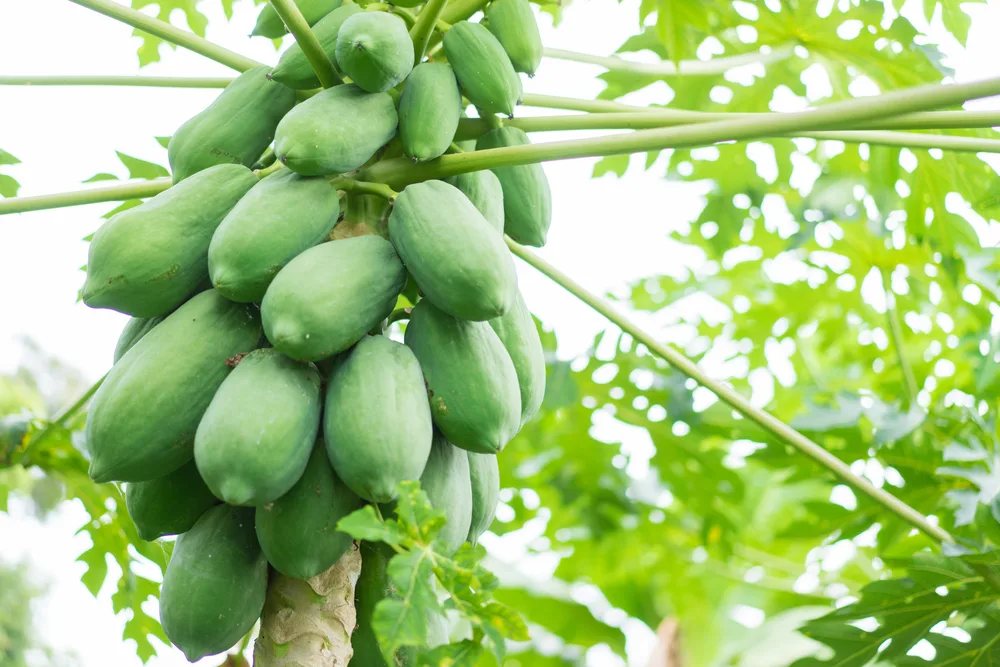

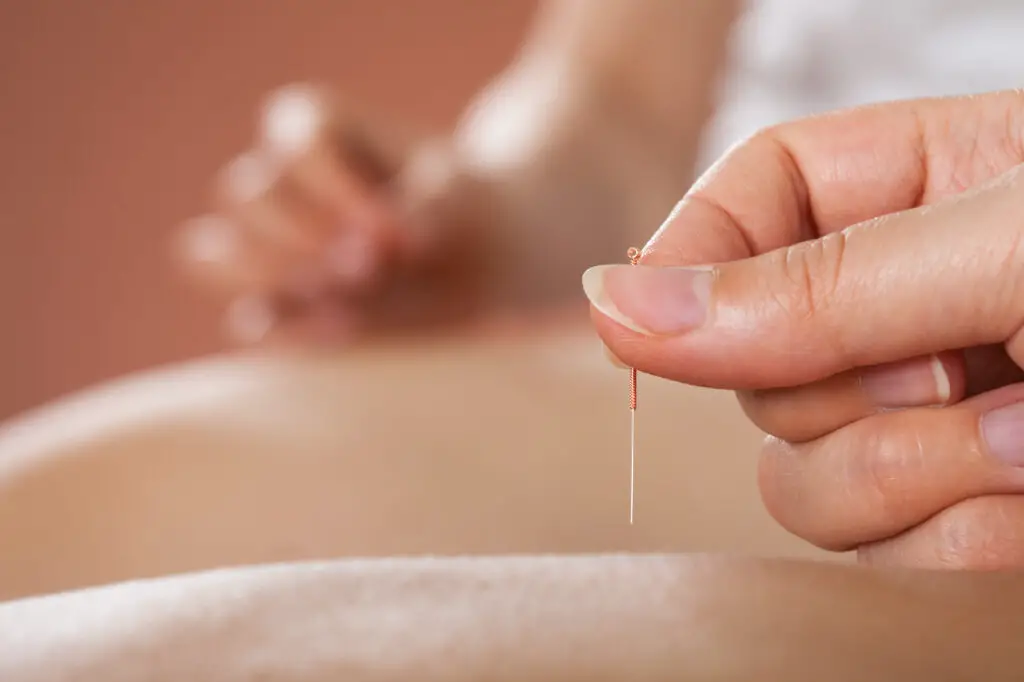


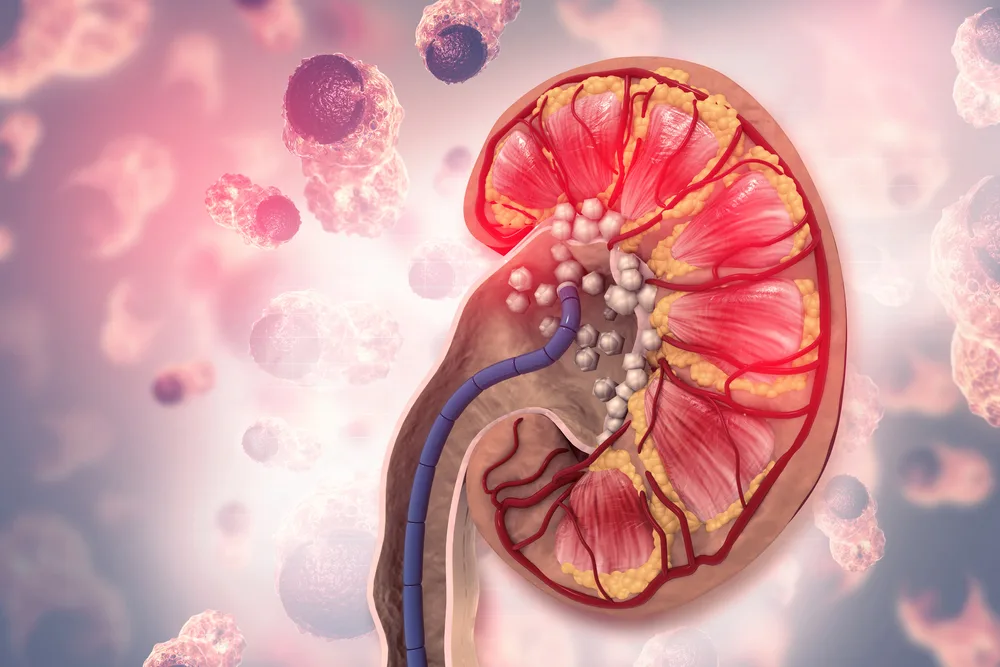




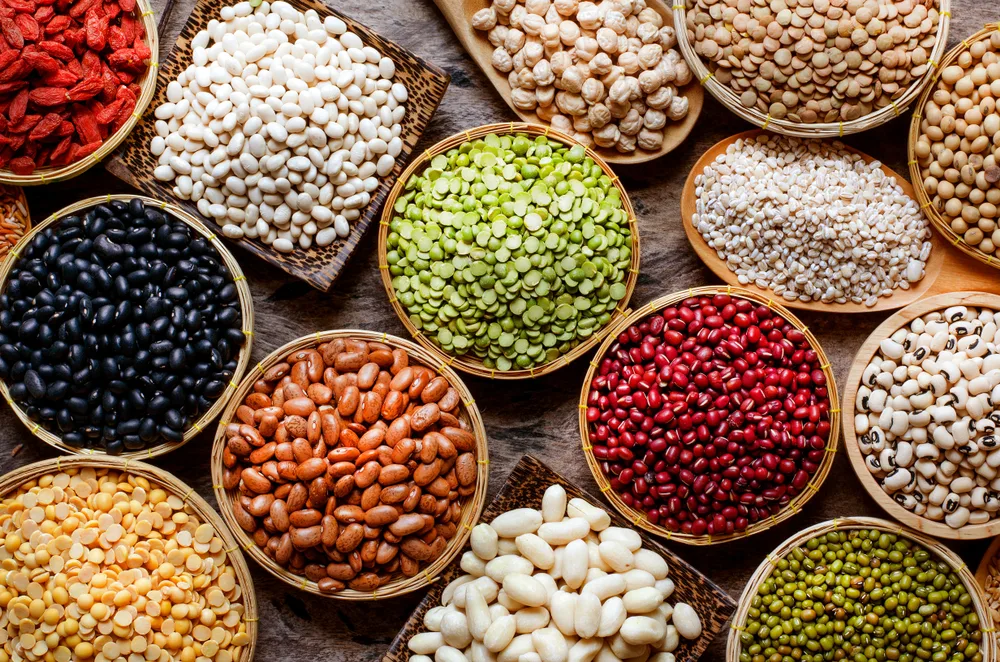
Comments
0